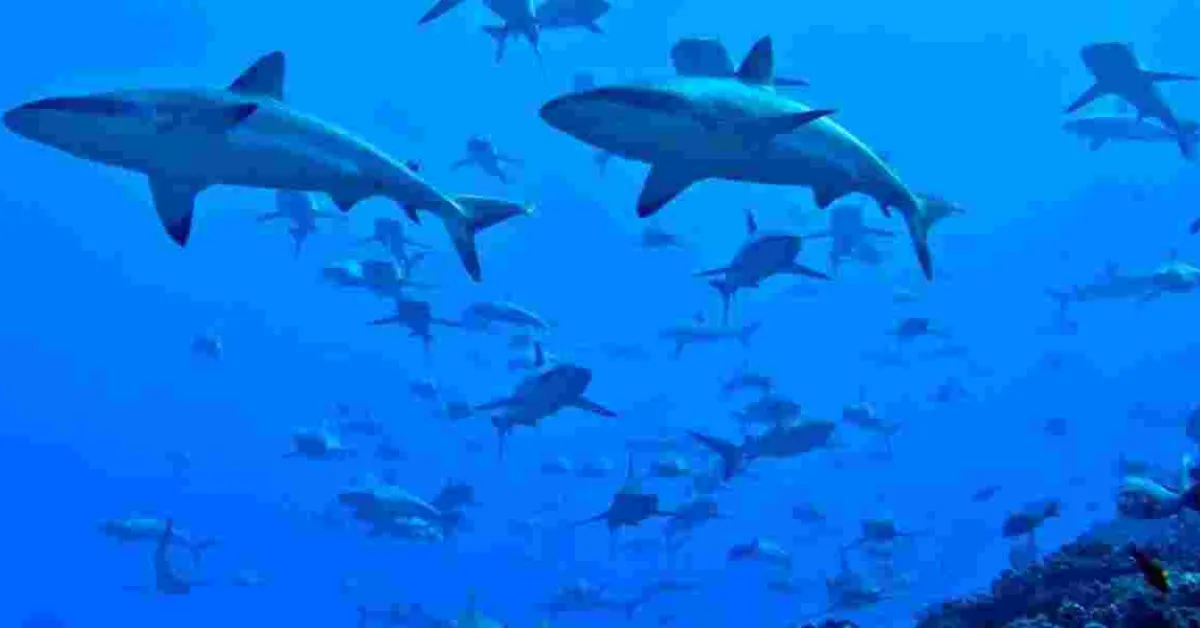Kenyan Fishermen Face Charges in Madagascar for Illegal Shark Trade

The recent detention of three Kenyan fishermen in Madagascar on charges of illegal fishing has brought to light significant issues surrounding marine conservation and regulatory enforcement in the Indian Ocean.
The incident, which involved the capture of endangered shark species, has drawn attention to the broader crisis of unregulated fishing that threatens the region's delicate ecosystems. On July 8th, Madagascar's law enforcement authorities apprehended the fishing vessel Maab Aqua in the Banc du Leven area of the Mozambique Channel. The vessel was found carrying a substantial cargo of shark products, including whole sharks, fins, and salted meat, some of which belonged to protected species. This discovery has alarmed conservationists, who view it as indicative of a larger problem plaguing the Indian Ocean's marine biodiversity.
The case has exposed weaknesses in Kenya's maritime regulatory framework. The Kenya Maritime Authority and the Fisheries Department have faced criticism for their apparent lack of support for the detained fishermen and their families. Moreover, Kenyan officials report no formal notification of the arrests. In response to the arrests, a coalition of conservation organizations has called for strict penalties against both the crew and the vessel's owners. These groups see the case as an opportunity to establish a precedent for addressing illegal, unreported, and unregulated (IUU) fishing in the West Indian Ocean region.
Their demands include substantial financial penalties and further legal action against those involved. The incident has also highlighted the issue of labour trafficking in the maritime industry. Reports suggest that the detained Kenyan fishermen may have been recruited under false pretences, a common tactic used by unscrupulous agencies to exploit workers in the seafaring and fishing sectors. Kenya has recently taken steps to combat illegal fishing and develop its ocean economy. The country has ratified international agreements such as the Cape Town Agreement and the International Convention on Standards of Training, Certification and Watchkeeping for Seafarers.
Additionally, Kenya is developing a DNA database for its marine species to aid in conservation efforts. The case of the Maab Aqua, a Kenyan-licensed but Sri Lankan-operated vessel, has drawn attention to the complexities of international fishing operations. The ship's owner, who remains unidentified, has reportedly evaded authorities since June.














Add new comment